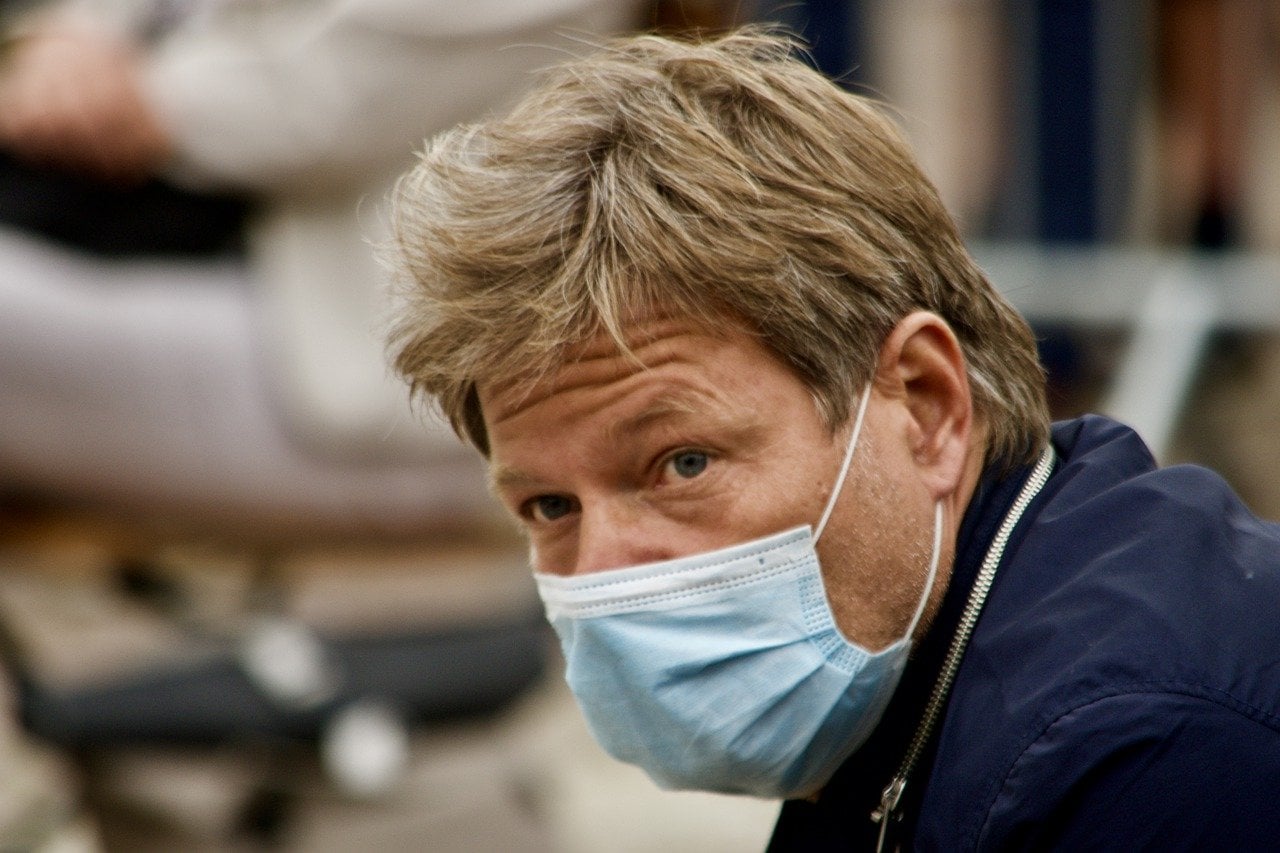
The controversial Nord Stream 2 pipeline has shown the weakness of Germany’s recently formed “traffic light” coalition government.
Germany’s Vice-Chancellor and Federal Minister of Economics Affair, Robert Habeck has come out with strong reservations about turning on the already-constructed pipeline, putting him at odds with Chancellor Olaf Scholtz.
Scholz is the leader of the Social Democrats (SPD) and Habeck a member of the Green Party.
Habeck told the German newspaper FAZ on December 18th, just ten days after the new government became official, that he was prepared to keep the pipeline closed in the event of Russian military invasion of Ukraine.
The Nord Stream 2 pipeline transits from Russia directly to Germany–Russia’s biggest European customer–under the Baltic Sea bypassing Ukraine.
“Geopolitically, the pipeline has always been a mistake,” Habeck said in the interview, adding that all European countries have been opposed to the pipeline, except for Germany and Austria.
The agency charged with approving the opening of the pipeline, The Federal Network Agency, answers to Habeck’s ministry, but FAZ points out that it is not entirely a political decision. Despite the intense political pressure from the former and current administrations, opening the pipeline is stalled until it fully complies with German and international law.
Habeck is not the only high-ranking government official against the pipeline. His fellow Green party member and foreign minister Annalena Baerbock has also publicly expressed her doubts about opening the pipeline, at least in the very near future. In public statements made earlier in December, she noted that should the situation with Russia escalate, Germany would not be able to connect the energy from the pipeline to the grid, in part because the country had made such an agreement with the United States.
Scholz has maintained his party’s stance toward the new pipeline. At a press conference following the EU Summit in December he said that the final approval of the pipeline was not a political decision and that the question of addressing Russian aggression was separate from the pipeline.
The first Nord Stream pipeline through the Baltic Sea was laid in 2011 and the project has enjoyed strong support from the SDP. But since then, relations between Europe and Russia have soured, particularly following Russia’s annexation of Ukraine’s Crimea. As the buffer between the borders of the European Union and Russia, Ukraine is strategically important to both powers. Currently Russian natural gas, on which Germany is particularly dependent, must pass through pipelines that cross Ukraine. Those opposed to the pipeline fear that the direct pipeline will give Russia more leverage against Europe.
